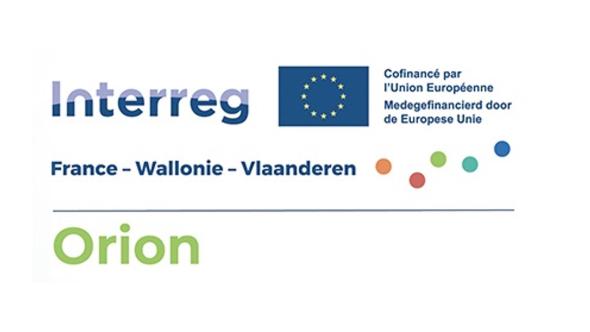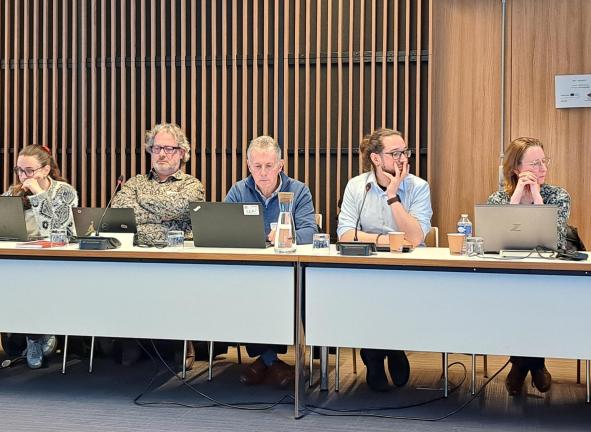ORION: Sustainable management of water resources in the Meuse watershed
On December 11, 2024, the University of Reims-Champagne-Ardenne hosted the launch event for the ORION project, in which the University of Namur is a partner. This project, financed for 4 years by ERDF and INTERREG funds, aims to improve water management in the Val de Meuse while preserving the ecosystems of the Val de Meuse, a river running through France and Belgium.

